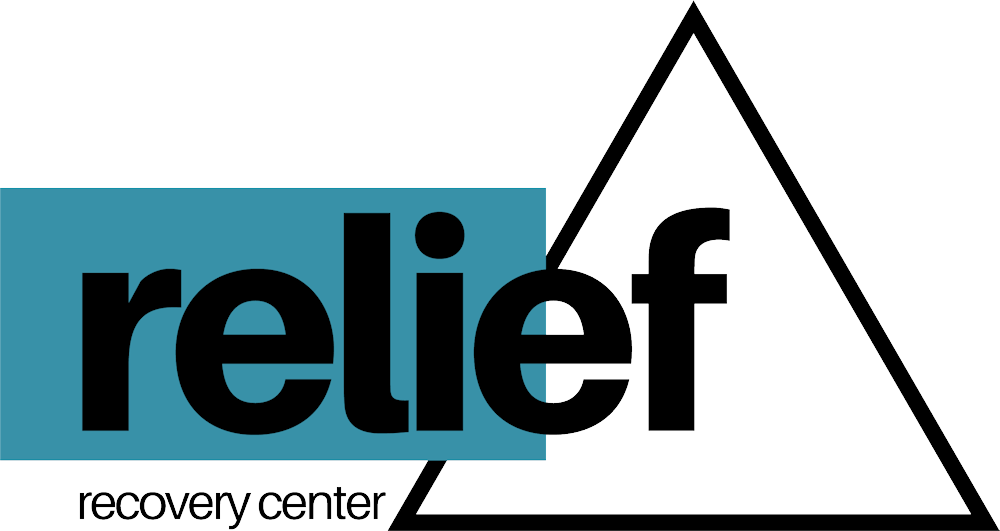Addiction is a complex disease that affects millions of people worldwide. While the reasons why someone develops an addiction vary greatly, there’s compelling evidence that genetics play a significant part. Understanding the role of genetics in substance abuse can aid prevention efforts and offer a roadmap towards personalized treatment, offering hope for those seeking relief from addiction.
What is Substance Abuse?
Substance abuse, also known as substance use disorder, describes the harmful or hazardous use of substances like alcohol, illicit drugs, or even prescription medications. It’s characterized by a pattern of use that brings negative consequences to an individual’s health, relationships, and overall well-being.
How Does Genetics Influence Addiction?
It’s important to understand that genes don’t directly cause addiction. However, your genetic makeup can influence your susceptibility to developing a substance use disorder. Think of it this way: genes load the gun, but it’s environmental factors that pull the trigger.
Here’s how genetics can play a role:
- Metabolism: Genes control how your body breaks down substances like alcohol or drugs. Variations in those genes can influence how quickly or slowly you metabolize substances, affecting your experience and the potential to develop an addiction.
- Brain Reward System: Your brain’s reward system reinforces pleasurable activities. Genes can influence how your reward system reacts to substances, potentially making you more or less likely to feel intensely positive effects—which can increase the risk of addiction.
- Personality and Mental Health: Genes linked to specific personality traits like impulsivity or risk-taking can also predispose someone to substance use. Similarly, inherited risks for mental health conditions like anxiety or depression can make people more vulnerable to self-medicating with substances.
The Percentage of Addiction Attributed to Genetics
Researchers estimate that genetics explains approximately 40-60% of an individual’s risk for developing a substance use disorder. The remaining portion comes from a complex interplay of environmental factors, including:
- Exposure to Substances: Easy access to drugs or alcohol increases your risk.
- Stress and Trauma: Using substances to cope with difficult circumstances can turn into a harmful pattern.
- Family and Social Environment: Growing up in an environment where substance abuse is common can normalize use.
Identifying Genetic Addiction Risk
Currently, there’s no single genetic test that pinpoints your addiction risk; it’s a complex combination of numerous genes. However, knowing your family history of substance abuse can provide valuable clues. If you have close relatives who’ve battled addiction, you might be at a higher risk.
The Importance of Understanding
Understanding the role of genetics in substance abuse offers several advantages:
- Personalized Treatment: Knowing your risk factors can help your healthcare provider tailor your treatment plan more effectively. Contact Relief Recovery Center: https://wewantrelief.com/
- Prevention Efforts: Genetic knowledge can guide targeted addiction prevention strategies, especially for those identified as high-risk.
- Reducing Stigma: Recognizing that addiction has a biological foundation can help reduce stigma and foster a more understanding approach to treatment and recovery.
What To Do If You’re Concerned
If you’re concerned about your genetic risk for addiction, here’s what you can do:
- Talk to Your Doctor: Have an open conversation with your doctor about your family history and concerns.
- Learn About Your Triggers: Identify situations or circumstances that tend to trigger substance use for you.
- Build Healthy Habits: Focus on stress management, positive coping mechanisms, and building a strong support system.
- Seek Professional Help: If substance use is becoming problematic, don’t hesitate to seek professional addiction treatment. Contact Relief Recovery Center: https://wewantrelief.com/
External Resources
- National Institute on Drug Abuse (NIDA): https://nida.nih.gov/
- Substance Abuse and Mental Health Services Administration (SAMHSA): https://www.samhsa.gov/



